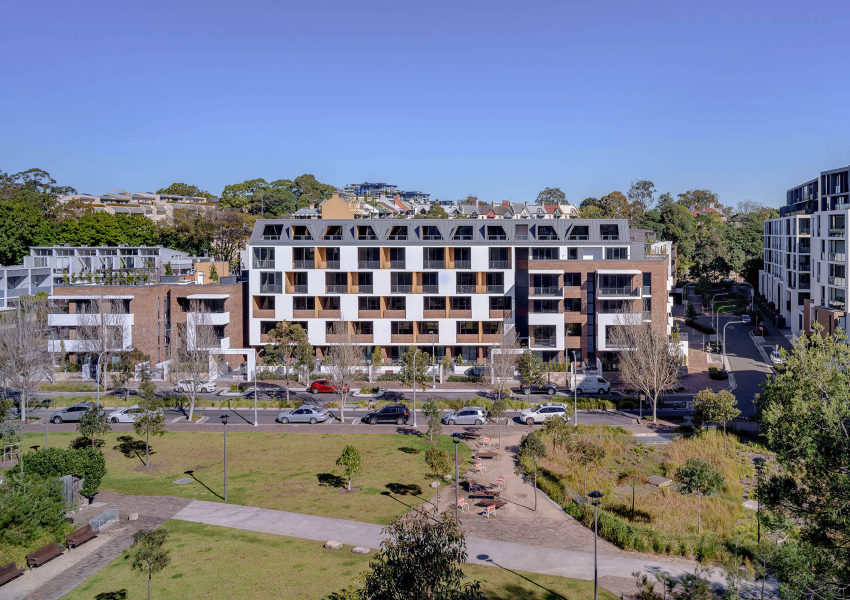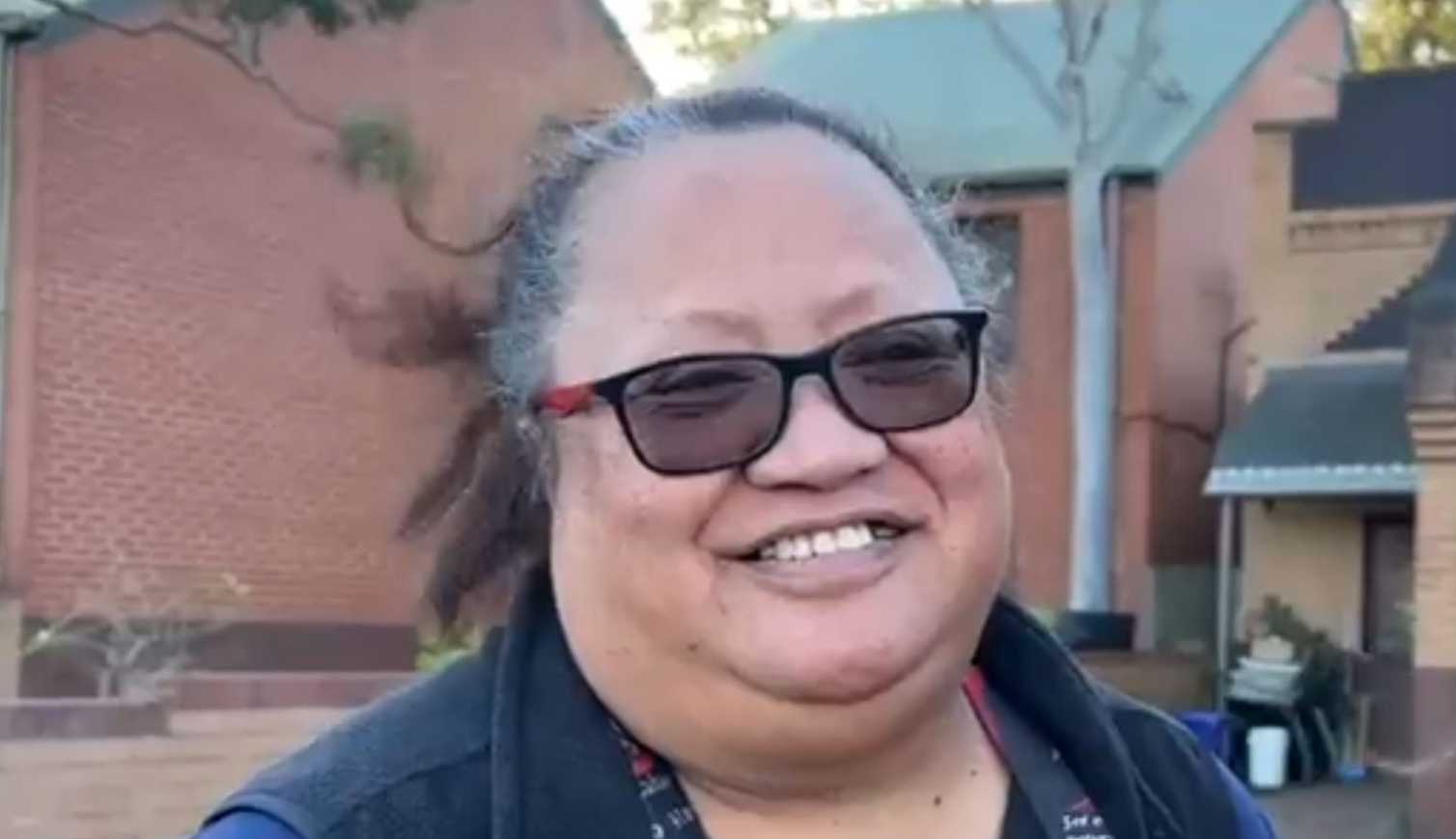
Inner West Council can take action on affordable housing

Opinion by DYLAN GRIFFITHS
Sydney is the third worst city in the world for housing affordability. In Australia, one in six young people aged 15–19 have experienced homelessness, 25 percent of whom are based in NSW. For many the amount needed for a home loan deposit seems insurmountable with the inability to become a homeowner tied to intergenerational inequality. We have a growing gap between property owners and lifelong renters. In 2016, the percentage of renters in the Inner West had climbed above 40% compared to the 32.6% in greater Sydney. It’s even more stark in my area, Ashfield.
I lived in affordable government owned affordable housing for a few years – it changed my life. It lifted me up, allowed me to study at university, find secure employment, and pursue my passions. If it wasn’t for affordable housing I would not be running for council today.
You may have heard, generally from a relatively affluent property owner, that ‘councils can’t do anything for housing affordability’, ‘only state and federal governments can take action’, or ‘this isn’t a key issue for our area’ – these assertions are far from reality, councils can and must take action on affordable housing.
Access to financial resources vary significantly between local government areas – as such, so does a council’s ability to leverage funding. The Inner West Council has land, under-utilised borrowing power, and was recently given $70 million dollars due to the compulsory acquisition of Council-owned land in Tempe.
Council’s affordable housing fund
In 2019, with sustained pressure from Greens councillors, the Inner West Council established an affordable housing trust fund to hold revenue from its small affordable housing stock and relevant Voluntary Planning Agreements, so that they could be reinvested into maintenance of units and development of new affordable housing projects. This fund could be significantly bolstered by levying developers for an affordable housing contribution.
A developer levy
The Affordable Housing Contribution Scheme and State Environmental Planning Policy 70 (SEPP70) allows councils to levy developers and make them pay for affordable housing by contributing a share of their windfall profits when an area is rezoned for higher density. Once council’s develop an affordable housing contribution scheme they must embed it in their local environmental plans (LEP) and it becomes part of the local planning laws. The scheme is not currently used by the Inner West Council.
This scheme has been available in selected parts of the City of Sydney since 2002, and recently became available across NSW. In Green Square, the City of Sydney gives residential developers the choice of 3% of the total residential floor area being provided as affordable housing or $228.58 per square metre (indexed annually) of the total residential floor area. Monies are collected in a trust fund and passed onto City West Housing, which is responsible for development and management of affordable housing in the area.
Using this scheme and others driven by former Greens Councillors on the City of Sydney Council, the City reports the delivery of 835 new affordable housing dwellings with hundreds more in the pipeline. Imagine if the Inner West had a similar scheme in place prior to large developments along the Summer Hill/ Lewisham/ Dulwich Hill light rail corridor.
While intended to provide rental units for very low to moderate income households the City of Sydney’s scheme that delivers below market rent housing is still too expensive for people on low incomes. Further, the City does not retain ownership of many of the affordable housing units and, from some perspectives, it could be viewed as a developer-led affordable housing program. We want to take a different approach to SEPP70 and an associated developer levy.
A Greens led council would do more
We believe that not for profit housing should be owned by council. This means the public can hold their council to account on quality, management, and growth of council’s housing stock. A Greens led Inner West Council will build hundreds of council owned affordable housing units.
Inner West Council Greens also prefer using the SEPP70 as a levy rather than inclusionary zoning (floor space contribution) as it would allow council to retain control over a development’s architectural, sustainability and management standards – we don’t want to see developers just reserve their cheapest and most poorly built units for their contribution, nor would we want to see an Inner West version of London’s Sky Pool controversy, an apartment block’s 25m luxury lap pool that is not accessible to the development’s affordable housing tenants.
It’s disappointing that more councils have not managed to embed a SEPP 70 scheme into their LEP – a Greens led Inner West Council will ensure that a developer levy is implemented. Housing is a right, and the perverse role of the profit motive in the housing industry should, at the very least, be mitigated with profits being channelled back into the community.
The Greens on council will make full use of the current planning rules to get proper benefits for the community from new development. As well as calling on the state government to massively increase its affordable and social housing stock, our MPs are also working hard to give local government greater power and to change the planning rules that allow poor quality, expensive housing to be built and under the guise of ‘affordable housing’.
While the state and federal governments need to address the housing crisis, action at the local level is not a question of ability but of priority and political will.
Dylan Griffiths is the lead candidate for the Greens in the Djarrawunang/ Ashfield ward, Inner West Council. He’s a lifelong renter and doesn’t see that changing. He’s previously been a trade union organiser for the National Tertiary Education Union and now works at the University of Sydney while studying postgraduate Urban Planning.









